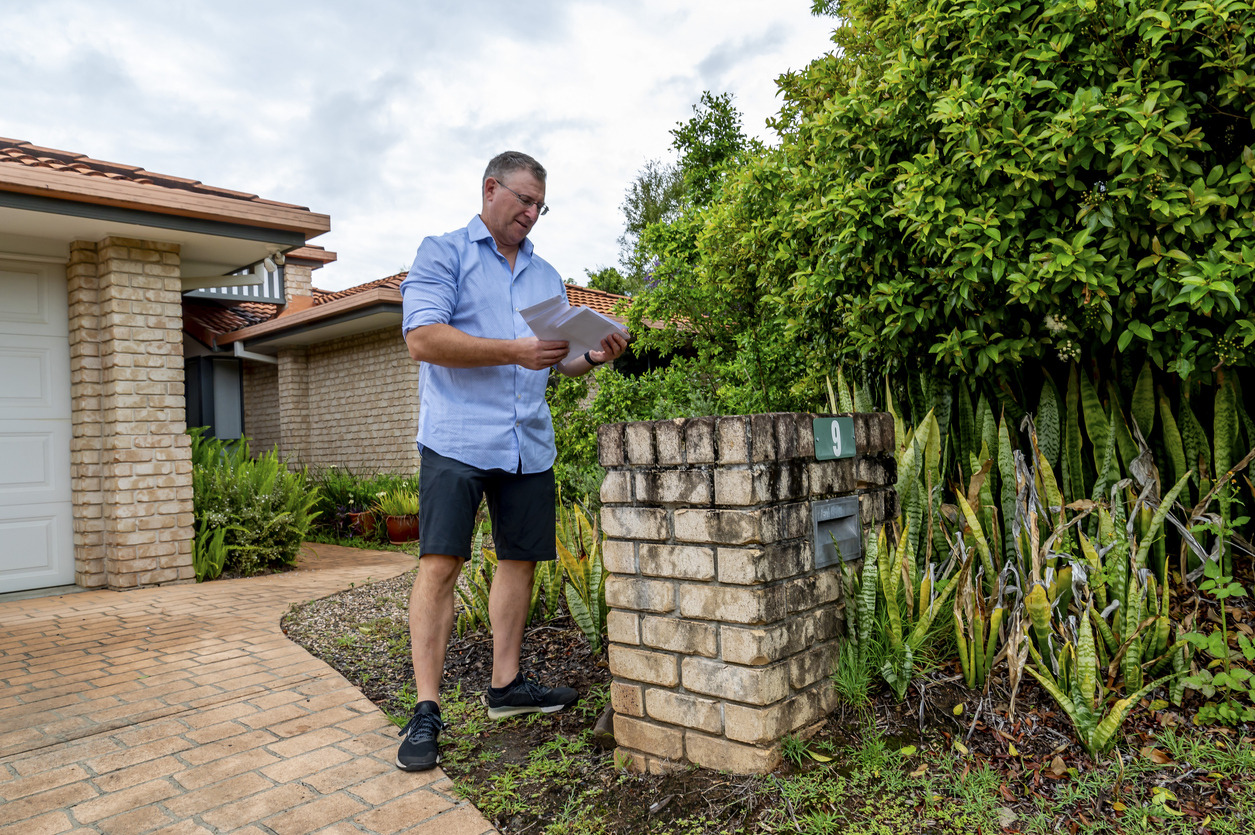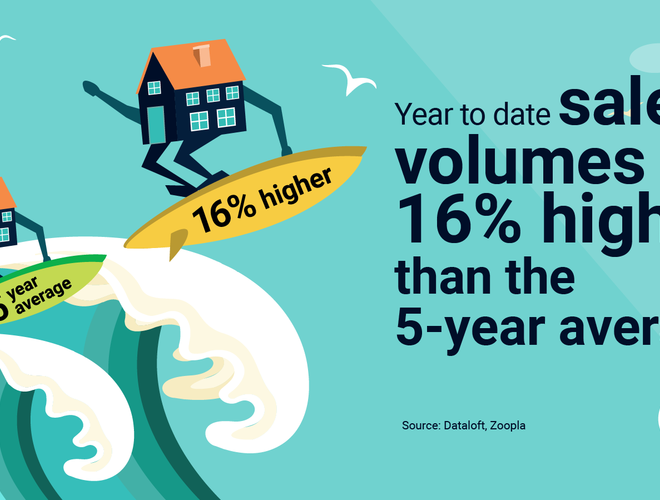New tax rules introduced this spring will have an impact on landlords who are looking to sell a buy-to-let property. The changes, announced in last year’s Autumn Statement, mean that landlords selling a rental property will now pay more in Capital Gains Tax (CGT).
Here we will:
- Explore how this affects landlords, investors and second homeowners.
- Explain the new rates payable on the sale of a second property.

What is Capital Gains Tax (CGT)?
Most UK landlords who sell or dispose of a property they personally own will be liable for Capital Gains Tax.
CGT is a tax that you pay when selling an asset that has increased in value. Crucially, the tax is levied on the amount you’ve gained rather than the cost of the asset as a whole. So, if you’ve bought a property for £200,000 that has since increased in value to £250,000, you’ll pay CGT on the £50,000 profit you’ve made.
British taxpayers pay a higher rate on property than on other assets. The rate of CGT payable on property is set at 18 per cent for basic rate taxpayers (with an overall annual income below £50,270) and 28 per cent for higher rate taxpayers (with an overall annual income above £50,270).
You must pay the tax owing within 60 days of completing the sale or disposal of the property by filling in a ‘residential property return.

What changes to Capital Gains Tax have been introduced?
Just last year, the annual capital gains tax threshold was £12,300. Since April 2023, the amount of ‘tax free’ money you can claim has been cut by almost half to £6,000.
And there’s more bad news coming down the tracks for owners of a second property: from April 2024, the exemption amount will be reduced again to just £3,000. This places landlords in the difficult position of having to decide whether to sell their buy-to-let properties before the April 2024 deadline or to carry on.

How can I reduce my capital gains tax burden?
Before you make any plans to sell your buy-to-let property, it’s worth looking at ways to legally reduce your tax bill:
- Any costs you have incurred in buying, selling, or significantly improving the property can be deducted from the amount of tax you will pay.
- You’ll pay less tax if you use your annual capital gains tax free exemption, but note this amount can’t be transferred from year to year.
- You do not need to pay any tax if the property is given as a gift to your husband, wife, civil partner or a charity.
- Couples who own a property jointly can combine their allowances when selling, potentially claiming £12,000 in this tax year (2023/24).
- If the property is a business asset, you may also be able to claim tax relief.
- Landlords with a portfolio of properties who have made a loss on selling one or more can offset the losses made against their CGT tax bill.
- If you use your rental property as your main residence during the period of ownership, you may be able to claim some exemption from CGT.
How are landlords reacting to the changes?
Recently a survey of 2,000 landlords by the property finance firm Octane Capital revealed that only 8 per cent had sold properties from their buy-to-let portfolios over the past year. However, 41 per cent said they would like to see recent CGT changes reversed.
Despite concerns about the Government’s plans for the private rental sector, the survey found that confidence in the sector remains strong. Rising rents, driven by a shortage of rental stock, have ensured that buy-to-let remains an attractive option for landlords. According to HMRC’s Valuation Office Agency, the rental market in St Albans saw growth of 3.5 per cent between September 2021 and September 2022. If rents continue to grow at the same rate, the average rental cost is set to reach £1,626 by 2025.
If you are thinking of selling a second property or investing in a buy-to-let, we are always ready to offer help and expert advice. Simply get in touch with us, and we’ll be happy to chat through your plans.
While we strive to provide accurate and up-to-date information, we are neither tax experts nor tax consultants and cannot guarantee the completeness, reliability, or accuracy of the content presented. Therefore, it is highly recommended that you consult with a qualified tax professional or financial advisor who can assess your individual situation and provide tailored advice based on your specific needs.




